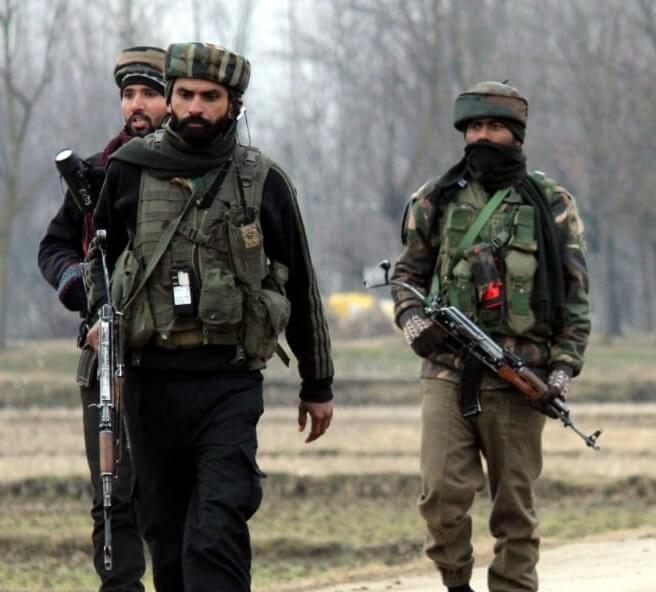The Indian Army in Jammu & Kashmir has introduced a comprehensive psychological training module to improve the overall operational efficiency of its soldiers while minimising any civilian casualties in the counter-insurgency operations.
The story, first reported by ThePrint, quotes multiple army sources saying the module has been introduced at the elite 15 Corps Battle School (CBS) in Khrew in Awantipora area of Pulwama district.
The psychological capsule that focuses on how to manage a counter-terror situation ensuring no collateral damage, along with other kinds of training, will be compulsory for all the soldiers, irrespective of rank.
The Indian army faces a difficult insurgency challenge in Kashmir, and the operations mostly involve fighting militants in dense neighbourhoods where the possibility of civilian casualties is strong.

Lt Gen DS Hooda (retd), who has served as General Officer Commanding-in-Chief of the Indian Army’s Northern Command, talking to the EurAsian Times, said that all the three Corps in Jammu & Kashmir have a Corps Battle School. There is one in Jammu region for 16 Corps, one in Kashmir for 15 Corps and one for 14 Corps in Ladakh.
“The role of these battle schools is to train the new soldiers for about 4-6 weeks. The schools impart a mix of operational and tactical training. It helps the soldiers in understanding the environment they are going to operate in, and enhances cultural sensitisation and human rights,” he said.
The training capsule, which works on the cognitive learning process enabling the soldiers not to perceive the civilians as a threat, is imparted to every soldier posted to 15 Corps.
The school trains at least 3,000 troops, officers and men, every year in various courses, with varying time periods depending upon whether the soldier is posted in counter-insurgency ops or counter infiltration.
Lt Gen DS Hooda says that the newly introduced training module by the Defence Institute of Psychological Research (DIPR) is a positive step, and it is an essential element of training that the soldiers be sensitised to the local conditions, and how they should behave with the civilians.
“There is definitely a need for it, especially when the army says it’s there to win the hearts and minds of the people.” “However, it will be wrong to assume such training on psychology, or sensitisation of soldiers on human rights was totally missing in the armed forces in Kashmir. It’s a good thing now it has been formalised, and designed with a new scientific approach,” he adds.
On the Shopian fake encounter case, he said there was some carelessness on the part of the security forces, which the army itself has admitted.
“In that specific case, there was some excess. But let’s not use that one incident to say that the army is completely indulging in human rights violations in that area. I mean how many incidents like this have happened in the last one or two years. Single incidents like this can jeopardise all the good work they do.
The new programme will help to reduce such incidents in the future, which I have no doubt about,” he added.